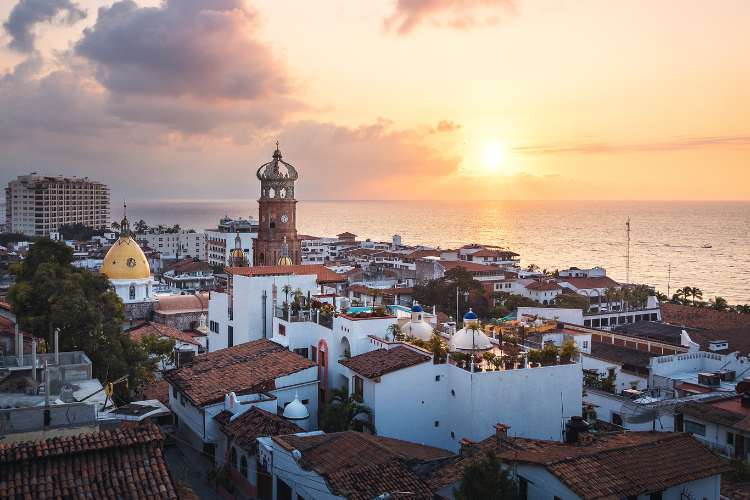F.A.Q.
Frequently Asked
It’s essential to understand the legal requirements, processes, and considerations involved.
- Yes, with exceptions in Restricted Areas. Foreigners can hold property through a Fideicomiso (bank trust) or a Mexican Corporation.
- A Fideicomiso is a bank trust that allows foreigners to hold property in Restricted Areas with all rights as a Mexican citizen. The Mexican Government issues a permit to a Mexican Bank to act as a Trustee, naming the purchaser as the Beneficiary of the trust holding title.
- The process involves finding a property, making an offer, negotiating terms, obtaining a promissory agreement, applying for a Fideicomiso, conducting inspections, closing the deal, and transferring the title.
- Seller covers real estate agent fees, capital gains tax, property title fees, and escrow fees. Buyer is responsible for various closing costs, including deposit, wire transfers, property appraisal, taxes, and bank trust fees.
- The Notary or attorney verifies title, checks for encumbrances, drafts trust documents, finalizes closing paperwork, and transfers title to the Fideicomiso. Upon closing, the buyer receives a notarized copy of the closing deed and utilities can be transferred to their name.
- Yes, an inspection can be arranged prior to making an offer or as a condition in the offer. It ensures that the property meets the buyer’s expectations and identifies any potential issues.
- It’s important to choose a reputable and experienced professional who can handle the transaction efficiently and ensure all legal requirements are met. They will oversee the entire process and provide guidance to both buyers and sellers.







